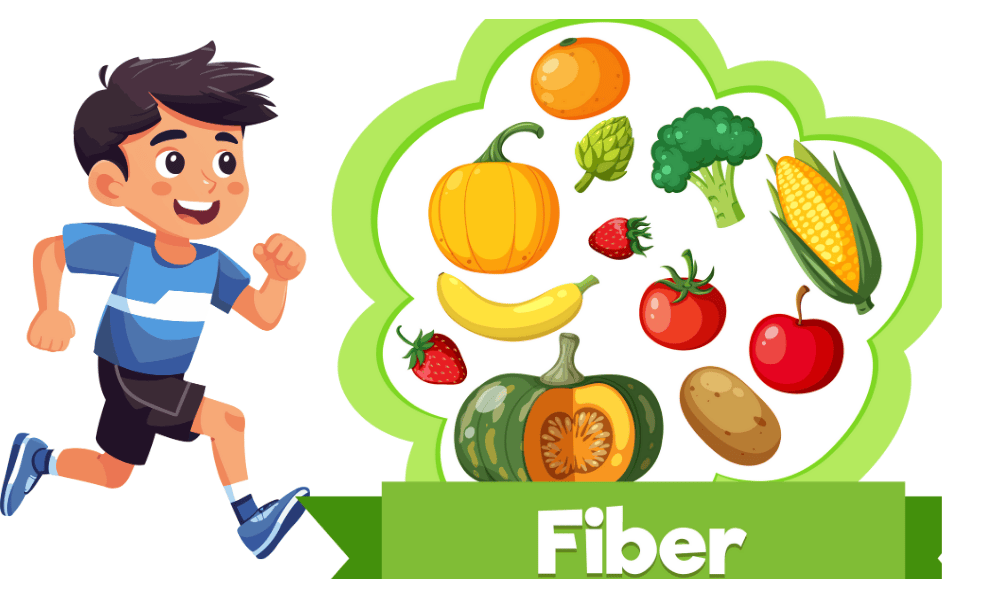What do probiotics do? Hidden Signs Your Body Needs Them (2025 Guide)
Have you ever wondered What do probiotics do besides simply helping digestion? These beneficial microorganisms actually perform numerous vital functions throughout your entire body. While most people associate probiotics with gut health, their benefits extend far beyond your digestive system.
In fact, probiotics influence everything from your immune response and skin clarity to your mental wellbeing and energy levels. However, many people remain unaware of What do probiotics do to their body might benefit from probiotic supplementation. Throughout this comprehensive guide, we’ll explore the eight hidden signals your body sends when it needs probiotic support, explain exactly how these beneficial bacteria work, and provide practical advice for choosing the right probiotics for your specific needs.
What Are Probiotics and What do probiotics do ?
What do probiotics do? Hidden Signs Your Body Needs Them
Probiotics are more than just trendy supplements — they’re living microorganisms that, according to the International Scientific Association for Probiotics and Prebiotics, confer health benefits when consumed in adequate amounts [1]. These microscopic allies have been studied since the early 1900s, although the term “probiotics” itself is relatively new, combining Latin and Greek words meaning “for life” [2].
Definition and types of probiotics
At their core, probiotics are beneficial bacteria and yeasts that support your body’s functions and overall health. They work alongside the trillions of microorganisms already residing in your body, particularly in your gastrointestinal tract [1]. Unlike harmful microbes that can cause illness, these friendly organisms help maintain balance within your internal ecosystem.
Most commercially available probiotics come from several key groups:
- Lactobacillus family: Including L. acidophilus, L. rhamnosus, L. casei, and L. plantarum — among the most studied probiotic strains [1]
- Bifidobacterium genus: Including B. longum and B. breve — naturally found in the large intestine [2]
- Other beneficial microbes: Including strains from Saccharomyces (a beneficial yeast), Streptococcus, Enterococcus, Escherichia, and Bacillus [1]
Each probiotic is identified by its specific strain, which includes the genus, species, subspecies (if applicable), and an alphanumeric designation [1]. This precision matters because different strains offer different benefits — a crucial consideration when choosing probiotics for specific health concerns.
What do probiotics do and how probiotics interact with your microbiome
The human gastrointestinal tract hosts a complex community of microorganisms collectively known as the gut microbiota or microbiome [1]. Probiotics influence this ecosystem through several mechanisms.
Upon consumption, What do probiotics do it may transiently colonize your gut mucosa in highly individualized patterns, depending on your baseline microbiota, the specific probiotic strain, and the region of your gastrointestinal tract [1]. Although they don’t typically take up permanent residence, they can still produce significant effects during their stay.
What do probiotics do ? It work through multiple pathways, including:
- Inhibiting harmful microorganisms by competing for nutrients and producing antimicrobial substances [1]
- Improving intestinal transit and normalizing perturbed microbiota [1]
- Producing beneficial metabolites like short-chain fatty acids [1]
- Reducing luminal pH in the colon, creating an environment less favorable to pathogens [1]
- Reinforcing the gut barrier function [3]
- Modulating immune responses through interaction with various immune cells [4]
- Influencing metabolic functions such as insulin resistance or cholesterol metabolism [4]
- Communicating with your nervous system via the gut-brain connection [4]
Difference between probiotics, prebiotics, and synbiotics
Although often confused, probiotics, prebiotics, and synbiotics serve distinct yet complementary roles in gut health.
Prebiotics are non-digestible food components that selectively stimulate the growth and/or activity of beneficial bacteria already present in your colon [1]. Essentially, they’re food for your probiotics. Most prebiotics are complex carbohydrates like inulin and other fructo-oligosaccharides that your body can’t digest but your gut bacteria can utilize as fuel [1]. Common sources include raw oats, soybeans, Jerusalem artichoke, chicory roots, and unrefined wheat and barley [5].
Synbiotics combine probiotics and prebiotics in one product, creating a powerful partnership [5]. The term itself alludes to synergism — the prebiotic component selectively favors the probiotic organism [5]. This combination aims to improve the survival of beneficial bacteria during their passage through your upper intestinal tract and more efficiently implant them in your colon [5].
Through these various mechanisms, probiotics help maintain the delicate balance of your internal ecosystem, supporting not just digestive health but your overall wellbeing.
8 Hidden Signs Your Body Needs Probiotics
Your body often sends subtle signals when your gut microbiome needs reinforcement. Recognizing these indicators early can help you take appropriate action. Let’s explore the key signs that suggest your body might benefit from probiotic supplementation.
1. Frequent digestive issues like bloating or constipation









